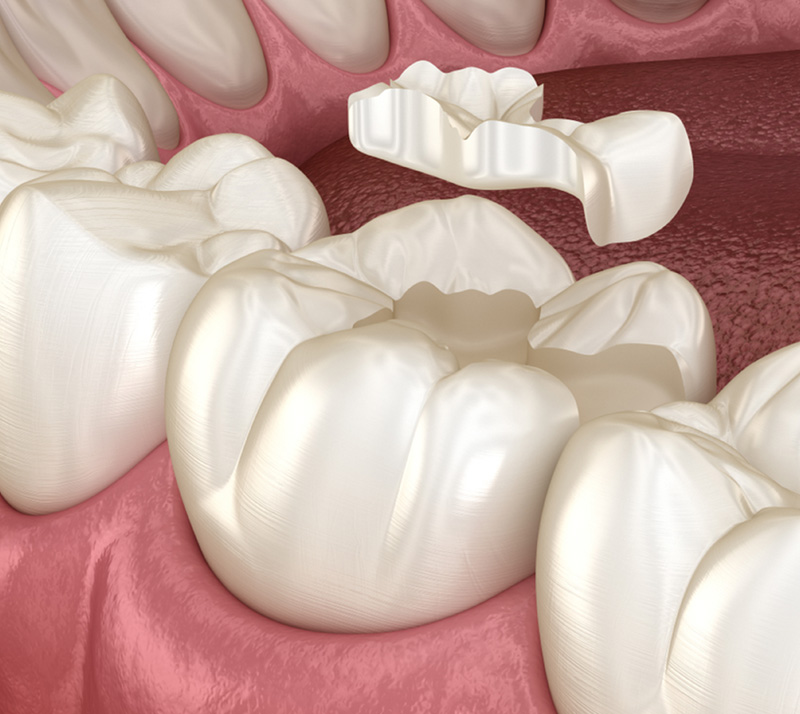Dental Fillings in Bonnyville
Dental fillings are a common dental treatment to receive, whether here in Bonnyville or at a location elsewhere. This treatment is used to remedy cavities that form in your mouth due to bacteria and plaque and tartar buildup.
Fortunately, if you’re dealing with this dental issue, we’re here to help! Come into our local dental clinic to talk with one of our dentists about receiving dental fillings.
The Types of Dental Fillings
These days, you aren’t limited to a specific material when it comes to your dental fillings. There are several different types of materials that can be used to fabricate your dental fillings; it just depends on your preferences and your dentist’s recommendation.
1. Amalgam Fillings.
An amalgam filling, also known as a silver amalgam filling, has been an extremely common material when it comes to fabricating dental fillings. Metal dental fillings are very durable and can last up to a decade if you practice good oral hygiene. This also makes them a good option if you need to address cavities by your molars or premolars.


Composite fillings are a great alternative to consider when you’re looking to receive a dental filling at a local dental clinic near you. These fillings are composed of plastic and ceramic, which means that they’ll blend in with your natural teeth. Composite dental fillings are often used to address cavities located at the front of your mouth as opposed to the back of your mouth because they’re not quite as strong as metal fillings.
Book a consultation with your dentist to learn more about receiving amalgam or composite dental fillings near you. They’ll be able to walk you through the treatment and identify which type of dental filling will be the best for your unique dental case.
What is the Process of Receiving a Dental Filling?
Here at our dental clinic in Bonnyville, an appointment to receive a dental filling will take no longer than an hour. Our dentists will evaluate your teeth and perhaps take some x-rays before getting to work placing the dental filling. They’ll apply a local numbing agent to the target site then proceed to scrape out the hole created by the cavity. It’ll be filled and then cleaned once more; then you’re good to go!
